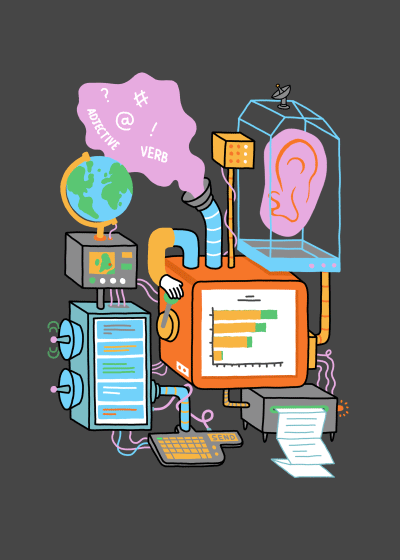
As we did in 2014 and 2015, we return in 2016 with our predictions of what will evolve for Learning Technology in Higher Education this year. We take a look at 2015s NMC Horizon Report as well as adding our own reflections at Falmouth.
Last years, key themes were around supporting digital literacies, agile approaches to change and new approaches to physical and online learning spaces. Certainly the output from JISC’s Digital Student project details a fantastic range of exemplars that are supporting the student experience in these ways and the JISC/NUS Benchmarking tool gives institutions a set of practices on which to build.
This year, Higher Education looks poised to adopt some of these approaches as ‘Flipped Classrooms’ and ‘Blended Learning’ become common parlance within the institution. The University of Southampton have some great video examples of flips and blends and the HEA academy offer a ‘Starter Tool’ for those interested to know more.
Educational Technology will have a significant role to play in defining and supporting the incoming Teaching Excellence Framework (TEF). The Association For Learning Technology (ALT) have responded to the consultation asking that intelligent use of Learning Technology and an understanding of the issues by senior managers is explicitly incorporated into all framework iterations from now on.
It will also be interesting to see how Open Educational Resources and Open practice (seen as a mid-range driver to edtech adoption in 2015) will influence the TEF and how it will be integrated into Blended/Online Learning opportunities.
Learning Analytics are also likely to impact Higher Education again this year in light of the TEF as Institutions strive to find ways to measure success in Learning and Teaching. Last year we looked at the idea of student centred Learning Analytics and JISC’s Effective Learning Analytics project concludes in July and is already providing the sector with a range of tools and processes with which to leverage Learning Analytics.
The Falmouth and Exeter Students Union, FXU are prioritising the impact of cuts to the Disabled Students Allowances and gaining clarity around academic practice, in particular Students as Co-Creators of learning. Use of Educational Technologies can impact both of these through accessible learning design and opening up learning design to students, something that the Ed. Tech team are currently working on with our BA (Hons) Entrepreneurship course.
If you’re interested in learning more or implementing any of this within your teaching, let the team know.